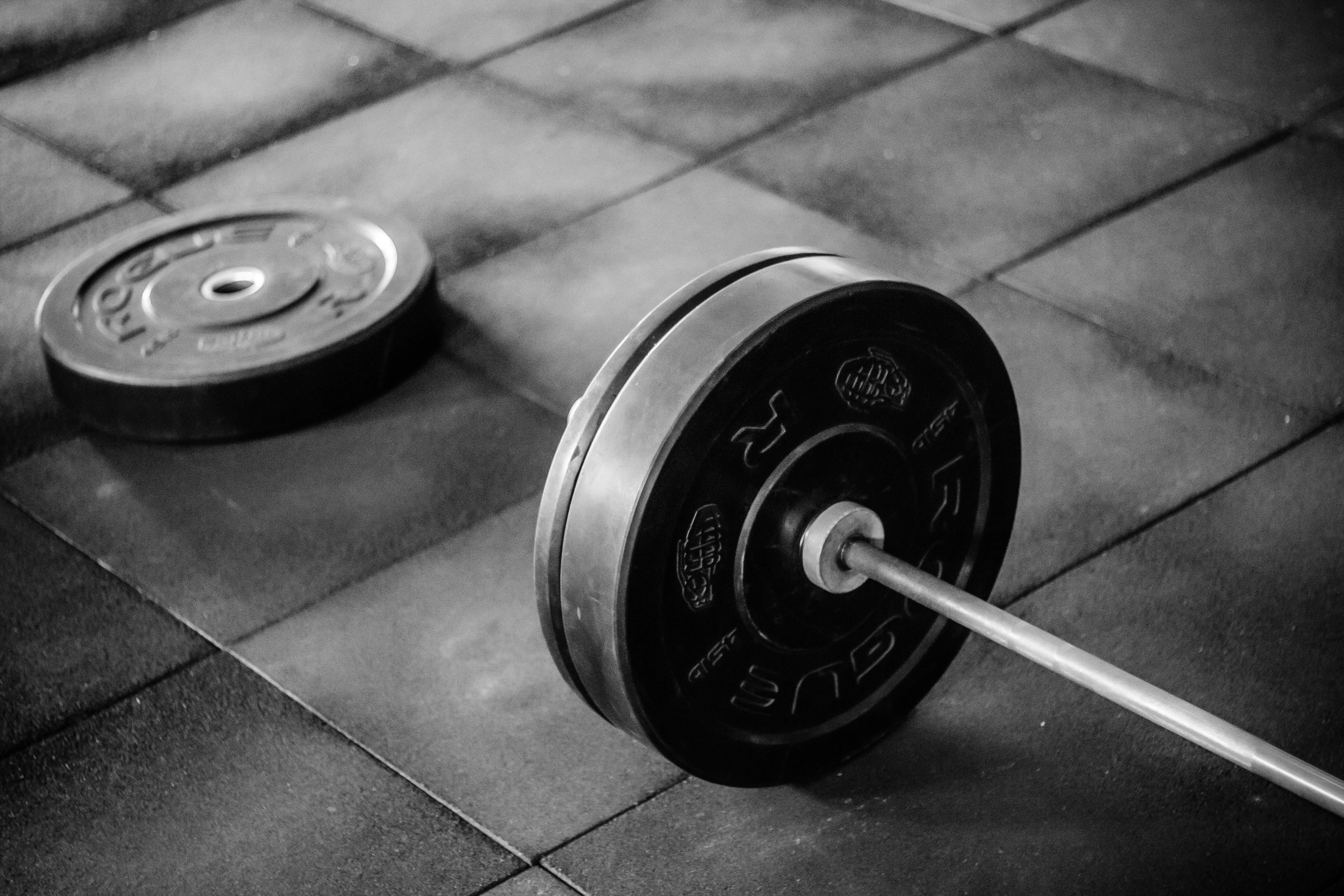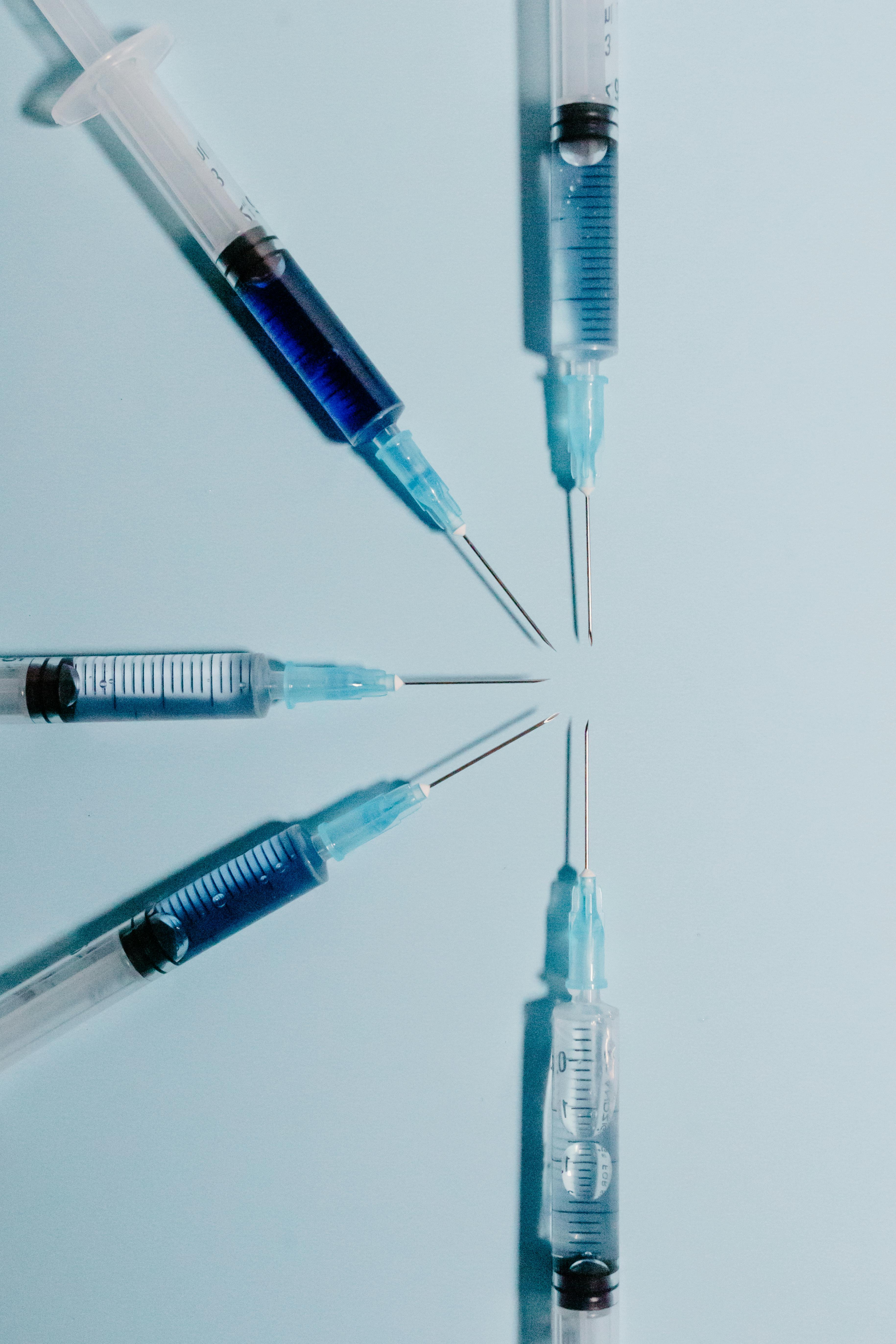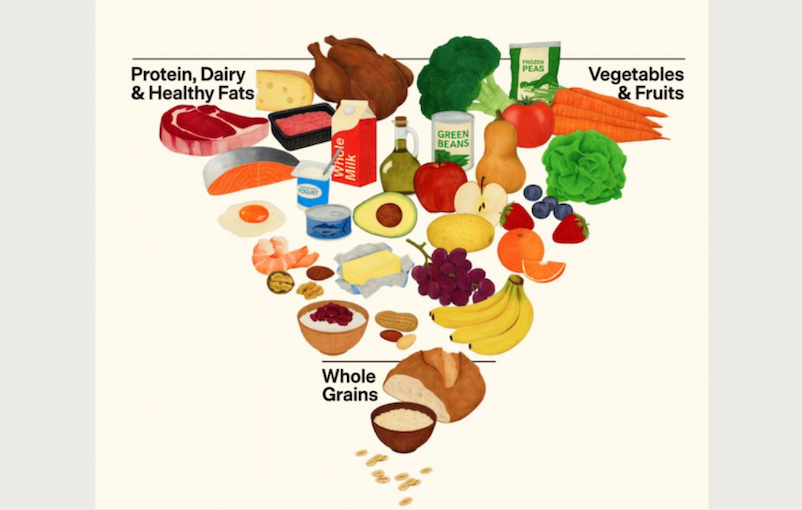Testosterone & Diet: How Nutrition Supports Men’s Health
How diet supports men's health and testosterone.

A primary care membership for patients who want more. Primary Care. Nutrition. Wellness. All under one roof.
Testosterone is a key regulator of muscle mass, energy levels, libido, metabolism, and cognitive function. While levels naturally decline at a rate of about 1% per year after age 30, lifestyle and diet play a significant role in either mitigating or accelerating this process. Nutrient deficiencies, insulin resistance, and chronic inflammation can all contribute to suboptimal testosterone levels, while a well-formulated diet can support production and maintain hormonal balance.
Key Nutrients for Testosterone Production
Healthy Fats
Cholesterol is the foundation for steroid hormones (hormones derived from cholesterol that regulate metabolism, immune response, and reproductive function), including testosterone. In the body, cholesterol is converted into testosterone. Healthy fats provide essential fat-soluble vitamins and help maintain optimal cholesterol levels, which ultimately supports testosterone production.
Sources: Avocados, extra virgin olive oil, nuts (almonds, walnuts, brazil nuts), seeds, fatty fish (wild-caught salmon, sardines).
Protein
Protein provides essential amino acids that support muscle repair and growth. It also helps regulate hormones like insulin and growth hormone, which influence testosterone production. Certain amino acids, like leucine, stimulate muscle protein synthesis and support testosterone levels by reducing muscle breakdown and promoting recovery.
Sources: Grass-fed beef, pasture-raised poultry, wild-caught fish, full-fat plain Greek yogurt, pasture-raised eggs, legumes.
Zinc
Zinc is essential for testosterone production because it plays a key role in enzyme activity needed for hormone synthesis. It supports the conversion of cholesterol into testosterone and aids the function of the hypothalamus and pituitary gland, which regulate testosterone levels. A deficiency in Zinc can impair these processes, leading to lower testosterone production and hormonal imbalances.
Sources: Oysters (highest source), grass-fed beef, pumpkin seeds, chickpeas.
Vitamin D
Vitamin D functions like a hormone, interacting with receptors throughout the body, including those involved in testosterone production.It supports testosterone synthesis by enhancing luteinizing hormone (LH) signaling, which stimulates the testes to produce testosterone. Low vitamin D levels have been associated with reduced testosterone levels.
Sources: Sunlight (10-15 min), wild-caught salmon, pasture raised egg yolks
Magnesium
Magnesium supports testosterone production by regulating enzymes involved in hormone synthesis. It helps reduce oxidative stress, which can otherwise lower testosterone levels, and increases the bioavailability of testosterone by reducing its binding to sex hormone-binding globulin (SHBG), allowing more free testosterone to circulate in the body.
Sources: Spinach, almonds, tofu, wild-caught fish (halibut, salmon, mackerel), bananas.
Foods That Can Lower Testosterone
Some foods can interfere with hormone balance and reduce testosterone levels.
- Ultra-processed foods – These foods are often high in trans fats, refined sugars, and artificial additives, which can increase inflammation and contribute to metabolic dysfunction. Chronic inflammation is linked to lower testosterone levels by disrupting hormone signaling and increasing cortisol, a stress hormone that can suppress testosterone production.
- Excess sugar – High sugar intake can lead to frequent insulin spikes, which may contribute to insulin resistance over time. Insulin resistance is linked to lower testosterone levels, as it disrupts hormone balance and increases inflammation.
- Alcohol – Particularly beer, which contains phytoestrogens from hops, can increase estrogen levels and reduce testosterone.
- Soy in excess – Soy contains phytoestrogens, plant compounds that mimic estrogen in the body. While moderate consumption is generally safe, excessive intake (more than 3–4 servings daily) may lower testosterone by altering hormone signaling.
Optimizing Testosterone Through Diet
To maintain healthy testosterone levels:.
- Maintain a diet rich in whole, unprocessed foods with sufficient dietary fat (40–50% of daily calories from fat, primarily monounsaturated and saturated fats).
- Consume 1.2–2.2 g/kg of protein daily, ensuring adequate intake without excessive restriction of dietary fat.
- Get 3,000–5,000 IU of vitamin D daily from sun exposure or supplementation.
- Include zinc and magnesium-rich foods or consider supplementation if deficient.
By making small, sustainable dietary changes, men can naturally support their testosterone levels, improving energy, strength, and overall health. As always, please consult with your Care Team or other care provider to discuss which strategies might be right for you.

If you're curious to learn more about The Lanby, book a free consult call and we'll chat about how The Lanby can be your personalized long term health and wellness partner.

Kendall is a graduate of the University of Mississippi, with a B.A. in Integrated Marketing Communications and a minor in Business Administration. She received her certificate of Nutrition Science from the Friedman School of Nutrition at Tufts University.

Chloe holds a bioengineering degree from the University of Pennsylvania. As a breast cancer survivor, her insights shape The Lanby's patient-centric approach. Leveraging her healthcare strategy background, Chloe pioneers concierge medicine, bridging gaps in primary care.

Tandice was recognized with the Health Law Award and named a Ruth Bader Ginsburg Scholar at Columbia Law School. Tandice's editorial role is enriched by her insights into patient autonomy and gene modification legalities. Passionate about bioethics, she is committed to crafting patient-centric healthcare solutions.





